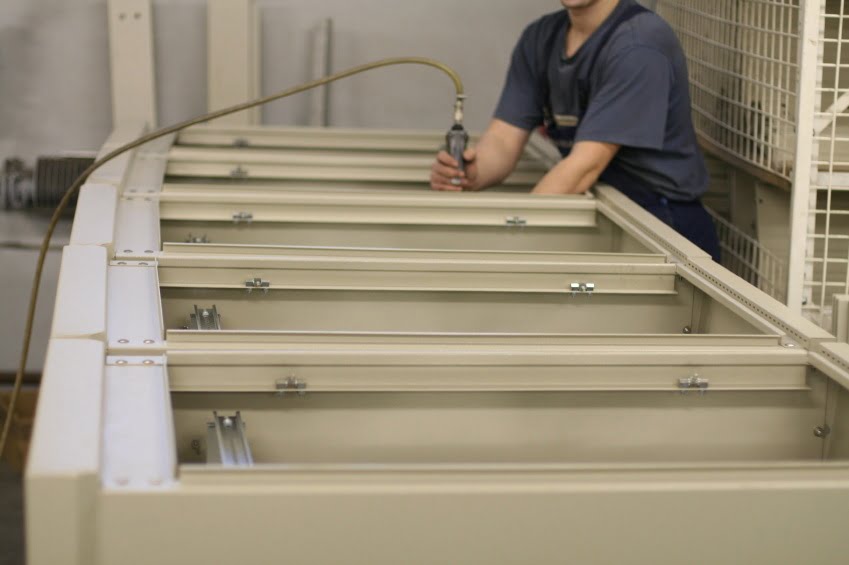What Electrical Enclosure Manufacturers Don’t Tell You About Cooling

Many electrical enclosure manufacturers include the sale of enclosure cooling products as part of their service. While a few of these manufacturers are linked to specific enclosure cooling products, many are not.
Electrical enclosure cooling is not an area of expertise for most electrical enclosure manufacturers. This is readily apparent, as the cooling information provided by manufacturers frequently does not include detailed technical information on the cooling systems offered, and, in many cases, buyers do not have adequate information to support their buying decision.
Few electrical enclosure manufacturers provide enough technical information to enable electrical enclosure designers to perform an enclosure cooling capacity calculation. Apart from one or two suppliers who have clear links to cooling companies, the websites do not offer clients an online thermal capacity calculator, leaving designers the task of manually calculating cooling capacity and making their own assumptions for heat transfer rates.
This lack of information is bound to lead to incorrect calculations and ineffective enclosure cooling. This is why it’s better to source your enclosure cooling from an enclosure cooling supplier specialist.
Capacity Calculations
Although it’s relatively simple to calculate the heat load in an enclosure, factors such as heat transfer, solar radiation, and material of construction all affect the thermal calculation and ultimately the capacity of the cooling solution. Although these can be calculated manually, the process is complex, especially as various factors need to be considered. It’s far easier to use a proper online calculator to perform these calculations. A comprehensive calculator allows for variations in heat transfer due to factors such as the color of the enclosure, the materials of construction, and ambient conditions.
Suitability of Enclosure for Various Types of Cooling
Enclosures in the U.S. are built to NEMA specifications, which determine the type of protection offered. Some types of enclosures are designed to be ventilated and may be installed indoors or outdoors depending upon the conditions. Others are sealed to prevent the ingress of dirt and pollutants and cannot be ventilated.
It’s notable that few manufacturers make this distinction in their catalogs when it comes to cooling system specifications. This means that unwary users may invalidate their desired NEMA protection levels by selecting inappropriate cooling equipment. For example, a NEMA 4 enclosure provides protection against the ingress of dirt, dust, and hose-directed water. Such an enclosure cannot be ventilated using fans and must be fitted with a NEMA 4 rated closed loop cooling solution. This characteristic is not immediately apparent in many manufacturers’ catalogs.
Similarly, it’s impractical to install an air conditioner on a NEMA Type 3 ventilated enclosure, but again, this is not apparent from most manufacturers’ catalogs that were reviewed.
Nationally Recognized Testing Laboratory Approval
Enclosure air conditioners are required to be approved by a by a Nationally Recognized Testing Laboratory (NRTL) such as UL. There is a standard, UL 484, which covers the design and manufacture of air conditioners, including special purpose air conditioners used for enclosure cooling.
The information provided in the online catalogs of most electrical enclosure manufacturers does not provide any data to substantiate such compliance, and as the user is ultimately responsible for selecting the right equipment, this could result in the purchase of non-compliant equipment.
Benefit of Purchasing Enclosure Cooling From a Specialist Cooling Manufacturer
The core business of electrical enclosure manufacturers is the design and manufacture of enclosures. Naturally they wish to maximize their sales opportunity by offering a wide range of options, but the level of information they provide on enclosure cooling does not, in most cases, demonstrate the same level of expertise when it comes to enclosure cooling.
On the other hand, companies that specialize in manufacturing cooling solutions are specialists in their field. Their products are designed to the highest standards offering clients durability, reliability, and quality. The technical information provided as a matter of course gives electrical enclosure designers the ability to establish the required capacity of the cooling units and, furthermore, to be able to assess the effect of high ambient temperatures on their capacity. In addition, Thermal Edge offers a full range of options designed to cater to arduous conditions.
Thermal Edge’s technical team is available to advise on the best cooling solution and to provide technical advice on solving particular problems. Before specifying an enclosure cooling solution, speak to our team and find out how we can assist you in selecting the right cooling option for your application.
